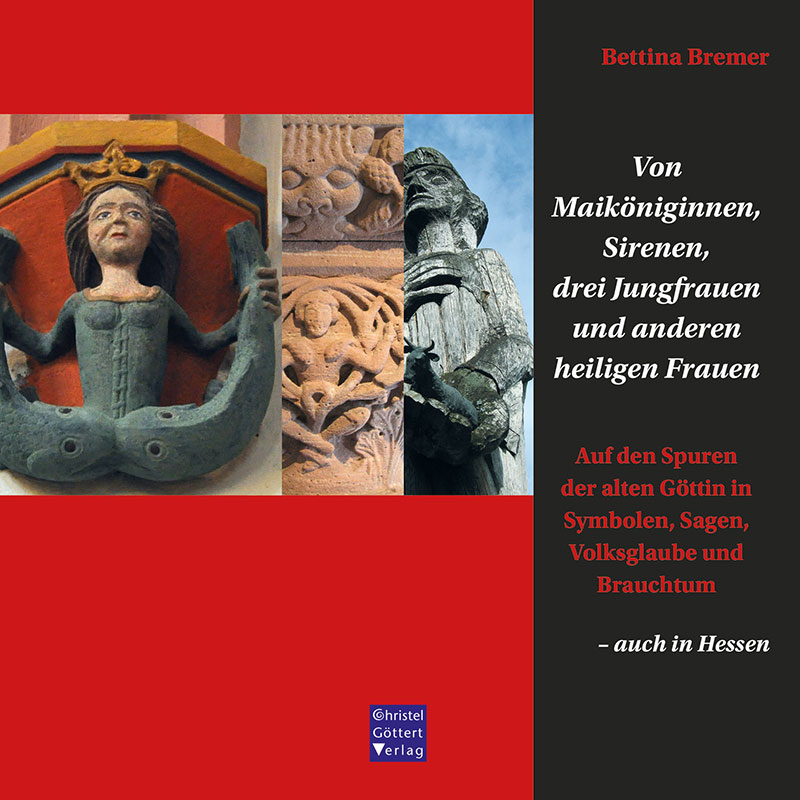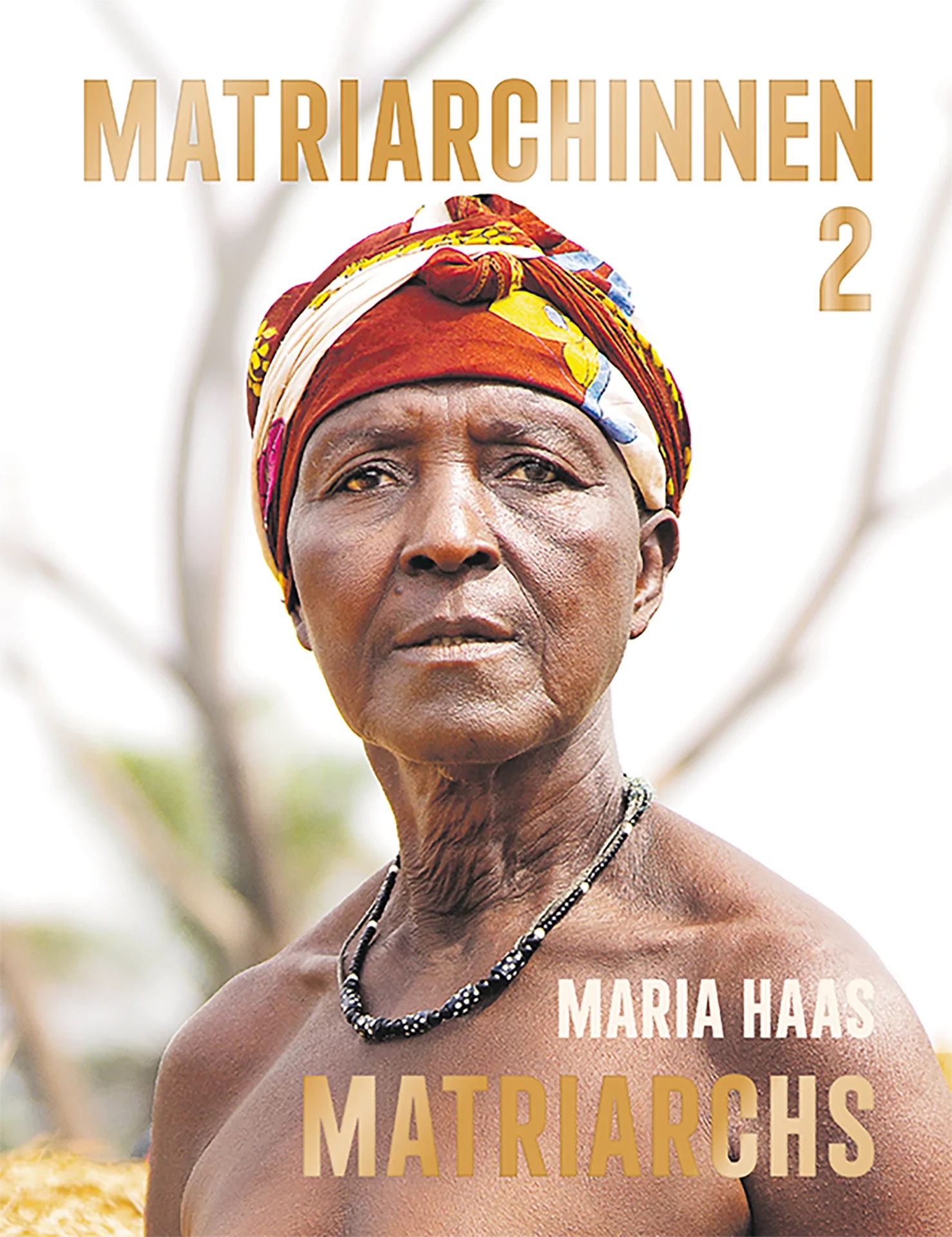In a complete matriarchy three main conditions are fulfilled:
- The hereditary succession is traced back in a matrilineal line (matrilineality).
- The residence is matrilocal. This means that female and male descendants live a lifetime in their mother’s kin.
- All essential goods such as land, houses, animals and fruits are in women’s hands; normally with the head of the clan or the matriarch.
If one of the conditions mentioned above is missing, it indicates the beginning of patriarchy.
Classic matriarchal societies can be characterized on four levels:
Economic Level – societies of economic reciprocity
- Agricultural societies
- Goods such as house and land are distributed according to a system that is identical with the lines of kinship; they are never private property
- Food resources are in women’s hands
- Permanently balanced exchange of essential goods
Social level – non-hierarchical, horizontal societies of matrilineal kinship
- Matriarchal kinships which are formed according to the principles of matrilineality and matrilocality
- Mutual marriage between two clans (with supplements)
- Practice of visiting marriage
- Social paternity instead of natural paternity
- Non-hierarchical, horizontal societies
Political level – egalitarian societies of consensus
- Consensus building in the clan-house
- Consensus building on village and clan level. The delegates who are discussing the matter are not the ones who make the decision
- No class of rulers and no class of suppressed people
Cultural level – sacred societies and cultures of the Goddess
- Belief in rebirth related to the clan
- Ancestor worship
- Worship of Mother Earth and a female understood cosmos
- Imminent divinity
- No double morals
- Symbolisation of life and actions
Source:
Heide Göttner-Abendroth: Das Matriarchat. Stuttgart, Kohlhammer 1988 ff.
In a complete matriarchy three main conditions are fulfilled:
1. The hereditary succession is traced back in a matrilineal line (matrilineality).
2. The residence is matrilocal. This means that female and male descendants live a lifetime in their mother’s kin.
3. All essential goods such as land, houses, animals and fruits are in women’s hands; normally with the head of the clan or the matriarch.
If one of the conditions mentioned above is missing, it indicates the beginning of patriarchy.
Classic matriarchal societies can be characterized on four levels:



